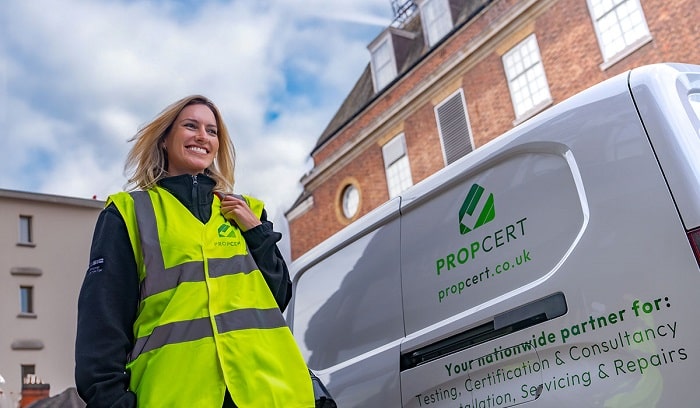
The smooth operation of a school primarily depends on the school administration, relevant personnel, policies, and processes. While the primary focus must be on education, the physical environment also plays a crucial role in a school's success. However, the role of the people responsible for maintaining it often remains unseen. The most important part of maintaining a conducive environment for the kids, especially during the colder months, is the heating system. You cannot expect a school in the UK without a perfect heating arrangement.
Maintaining safe and reliable heating and hot water systems in schools protects the students, teachers, and other staff. On the other hand, it also ensures that the school building is compliant with both legal and safety requirements. Maintaining a perfect heating system also helps reduce the energy bills. A poorly maintained heating system may cause a serious breakdown at any stage, not only disrupting the education process but also resulting in severe medical conditions for the students and teachers. Any such happening earns a bad reputation for the school and its management.
Therefore, the school's heating system, as well as its gas safety, requires a comprehensive maintenance strategy. This blog will guide you through the essential maintenance steps for the heating system and gas safety of schools in the UK.

Gas safety is the primary responsibility of building owners or, in most cases, building managers. They are legally responsible for maintaining the property’s gas safety at all times. The same is true for the owners or the property managers of the buildings where a school is functioning. The responsibilities of property managers, in the case of a school, are crucial due to the vast number of students and employees at stake. Hence, the schools and their property managers are legally bound to comply with the Gas Safety (Installation and Use) Regulations 1998.
The school's gas safety, as well as the heating system, is critical, as it involves multiple risks, including physical, medical, educational, and reputational loss.
The employers, owners, or school managers are legally required to comply with various regulations, as explained below:
It is the basic law that governs the use of gas appliances in all residential and commercial properties, including schools. It requires that the property managers ensure the following:
Under the provisions of this act, employers are required to ensure the health, safety, and welfare of the employees and other occupants of a building. For schools, it includes students, employees, visiting parents, other visitors, and contractors. In addition to the above, other regulations, such as the Building Regulations 2010, must also be complied with by the school or its property managers.
The essential maintenance of the school heating and gas system can be summarized as follows:
Heating system maintenance is a part of the annual gas safety inspection, but it needs extra vigilance to ensure its optimum performance throughout the cold months, without any disruption. Special attention must be given to the following:
Maintenance of the heating system in a school is the primary responsibility of both the school management and the property manager. They are responsible for ensuring proper checking not only during the annual gas safety inspection but also randomly to ensure an uninterrupted heating and hot water supply to the school.
Gas safety in schools is essential, as it involves the safety of a greater number of people, especially the children, who are more vulnerable to gas-related risks. Similarly, the heating of schools is also crucial for the health of students and teachers. Under the Gas Safety (Installation and Use) Regulations 1998 and other relevant laws, property managers or employers of a school are responsible for ensuring that the heating system is maintained in good condition throughout the colder months of the year. They are also required to ensure strict compliance with the regulatory requirements for the heating and gas safety of their schools.
Ideally, the responsible staff should arrange annual inspection of school boilers and radiators during the summer break or just before the onset of the winter season. It is important for the uninterrupted performance of the heating system. It also reduces the possibilities of any unexpected breakdown during the peak winter season.
Fill the required information to order a gas safety certificate instantly.
Are you curious about your Gas Safety Certificate? With these simple steps, learn how to check its status and ensure your peace of mind.
Find out why your boiler is vibrating loudly. Explore causes, troubleshooting tips, and the importance of prompt repairs for a quiet and efficient heating system at home.
Gas engineers perform a gas safety check to ensure your gas appliances are safe. Read to learn what more you can expect from the gas safety check.
Learn about the importance of gas safety certificates for landlords and the legal consequences of not having a valid certificate.
Know your tenant rights: How long can a UK landlord leave you without hot water? Stay informed, assert your rights.
Every landlord in the UK is legally bound to follow gas safety regulations as per the Gas Safety (Installations and Use) Regulations 1998.
Fill out the following enquiry form and we will contact you as soon as possible.